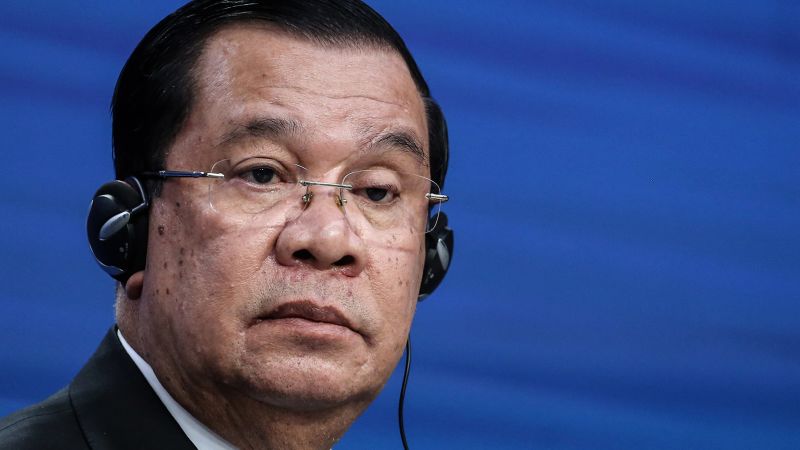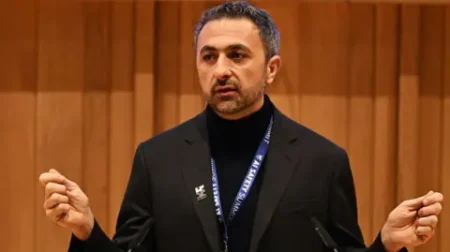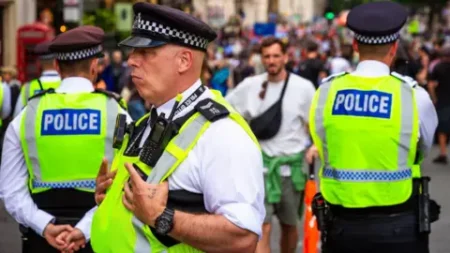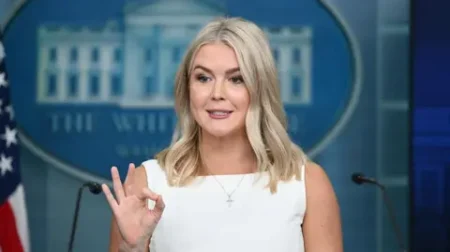In a recent development, Cambodian strongman leader Hun Sen has expressed his support for a new messaging app called CoolApp, which has been launched to compete with popular platforms like WhatsApp and Telegram. Critics are concerned that this app could be used by the government to monitor and suppress political discussions within the country.
Hun Sen defended the app, stating that it would help prevent foreign interference in Cambodian information and safeguard national security. He emphasized that CoolApp is the first Cambodian program within the country’s security domain, highlighting examples of similar apps used in other countries like China’s WeChat and Vietnam’s Zalo.
As one of the longest-serving leaders in the world, Hun Sen has ruled Cambodia for over three decades. Despite stepping down as prime minister last year, he remains a central figure in the ruling party. The country has faced issues related to online scams, primarily orchestrated by Chinese criminal groups, prompting concerns from global bodies such as the US State Department and the United Nations.
CoolApp’s founder and CEO, Lim Cheavutha, assured CNN that the app does not monitor, collect, or store user data. He explained that the app uses end-to-end encryption to ensure the security of data and calls, with only the communicating parties being able to access the messages and calls.
Internet freedom in Cambodia has significantly declined under Hun Sen’s leadership, with reports of censorship, media blackouts, and online harassment becoming widespread. Activists have raised concerns about increased state surveillance leading to the arrest of government critics and the shutdown of independent media outlets.
Exiled opposition leaders like Mu Sochua and Sam Rainsy have criticized CoolApp, viewing it as a tool for mass surveillance and control of public discourse similar to Chinese mechanisms. They have called for a boycott of the app, citing the regime’s history of monitoring private opposition discussions and controlling social media narratives.
CNN reached out to Hun Sen’s office for comment on the matter, but no response has been received yet. The situation continues to raise questions about the implications of CoolApp and its potential impact on freedom of expression in Cambodia.











